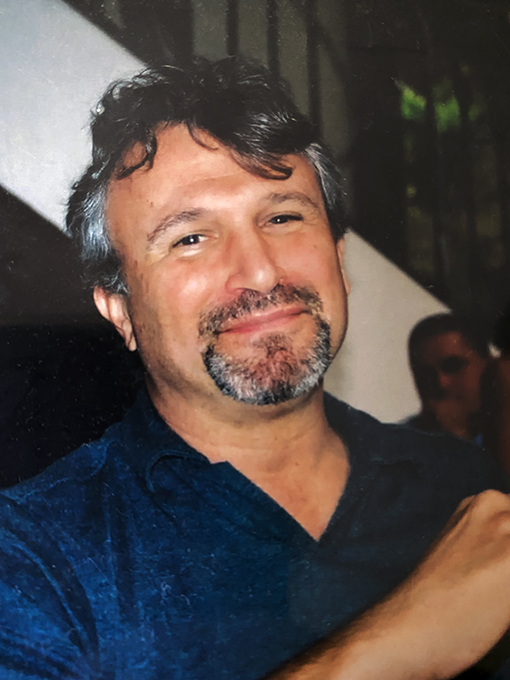Alan Fisher
By Len Shindel
Remembrances of Alan Fisher
February 7, 1947 – September 16, 2021
I met Alan Fisher so many years ago, in the 1970s, after we both began working at Bethlehem Steel’s Sparrows Point Plant in Maryland. For a few years, we weren’t close personally or politically. Chance, greater maturity and a well-respected common friend, Paul Revell, brought us to the realization that we had always been fighting the same battle.
The three of us worked together with a group of co-workers to develop a more united union in our corner of the immense mill as challenges facing steelworkers grew ever more acute. Paul died of pancreatic cancer a decade ago. And now, Alan is gone, too.
Alan was a great writer. He edited the ’09 Express, our local union’s newspaper and squeezed inconvenient truths into its pages. He invited my contributions as he established constructive relationships across the local union. I’m so grateful that Alan also opened a door for me to submit copy, as he did, to the Baltimore Evening Sun. We were both encouraged andmentored by a great editor, Mike Bowler, yet another victim of cancer.
For many years, Alan and I exchanged phone calls. We met a few times when his work with the California Reinvestment Coalition brought him to Washington. I was proud of my buddy and the relationships he was building with such skilled and talented people who were dedicating their lives to empowering poor and working people.
A few years before he died, Alan came for a visit to my cabin in the mountains of Western Maryland. It was just the two of us. We played our memories like on a board game, taking pieces and giving pieces of our formative days, trading stories of inspirational souls, opportunities seized and opportunities squandered. We drove to Thomas, the old West Virginia coal and coke town, now gentrified, then walked among the bee-hive ovens, talking the whole way, pondering how we came to work in a steel mill together—two sons of relative privilege. What did it all mean for us? Better still for those in our union, those in our family, those in our movement? Alan was my big brother at some big moments, always the wiser, more conscious actor in the play.
Later on, we met in New Orleans at the Jazz and Blues Festival. We took in all we could of the food, music and pathos, honing an aging friendship.
Alan offered great support and encouragement to me in my post-retirement work. And, as my wife, Maxine, continued to struggle with metastatic cancer, Alan was always there to listen and care on our long, rambling conversations. A cure for this horrific disease cannot come too soon.
I loved the guy. I will think of him often as my own time wears thinner, as our mutual hopes for the future are both affirmed and dashed on the voyage I was so fortunate to travel, with him and Paul and so many others, through a steel mill that is no more.
Thanks to my friend, Peter Olney, for standing by Alan and for inviting our remembrances.
Sharon, David, Ben and Lisa, you and your families are in my thoughts. I’m wishing you great strength at this difficult time.
…

After writing this obituary for my friend, I realized I had failed to include a story that attested to the kind of courage our times still demand. After graduating college, Alan worked for a time at the Highlander Research and Education Center in Tennessee, a legendary site where leaders of labor and the Civil Rights Movement were trained and strategized. Among his responsibilities, Alan stood guard around the premises, carrying a shotgun to ward off threatened attacks by white supremacists. RIP, my friend.
Thank you Len. It is a beautiful article.